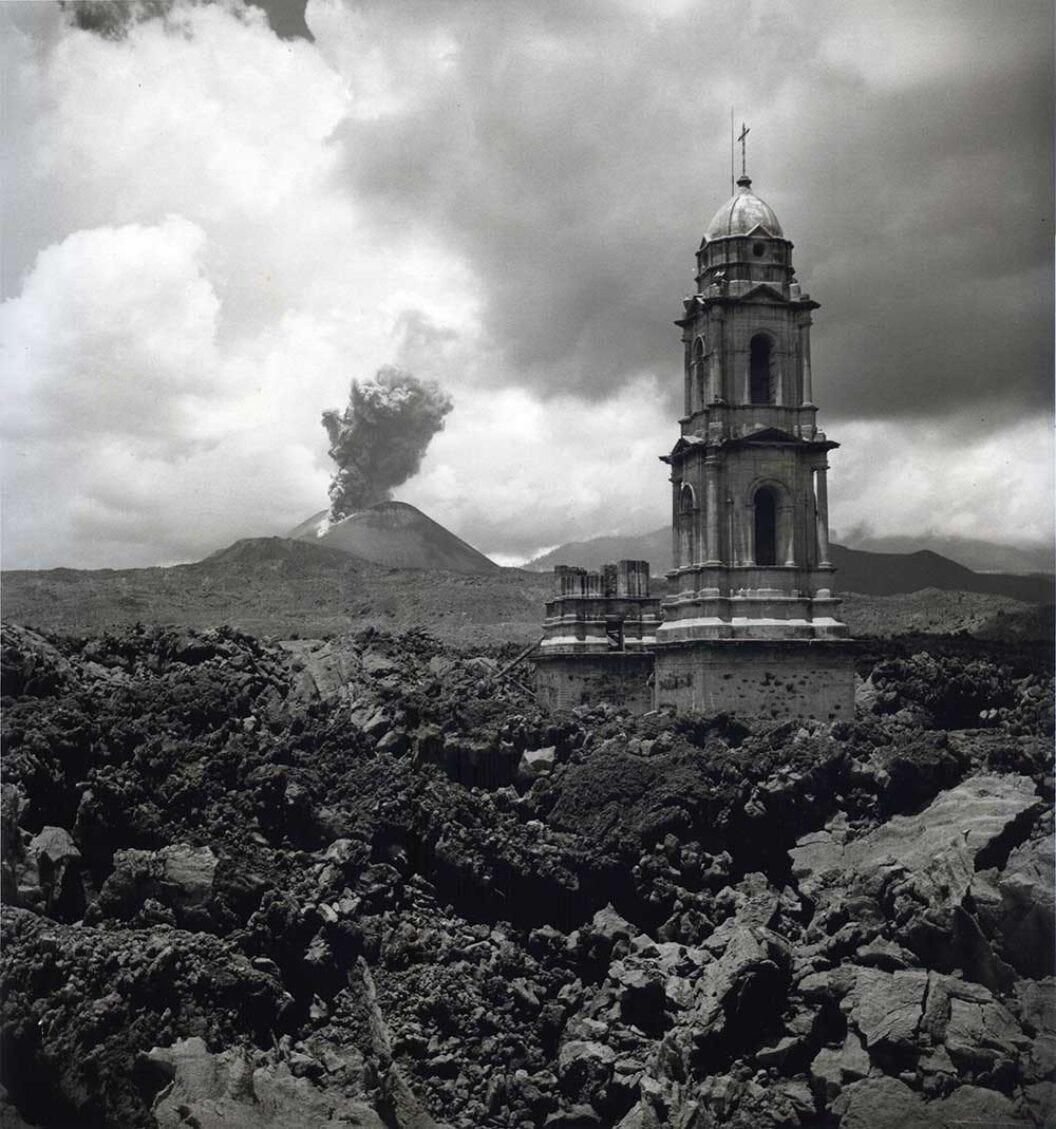Power's Agony
Epstein, finance & late imperialism
I’ve found myself utterly incapacitated when it comes to writing over the past month or so: I cannot blame it squarely on my usual fallback, a busy busy work schedule, so I apologize to RC2.0’s dwindling number of subscribers. Truth be told, the first half of this year was stacked with a kind of manic energy which at some point collided with a psychic brick wall. Words haven’t flowed and when they do the sentences are dull and brittle and honestly quite embarrassing. It’s been a pretty unexceptional summer and I’ve also lost the threads of almost all of my various studies (though I’m working hard to reclaim them). But I’m sitting outside in the sweltering August humidity of an early Saturday evening in Nashville, emerging from the residual murk of a day-long hangover and forcing myself to produce something.
Another update: an Extremely Secret priv has been set up on a certain website, so anyone who wishes to be mutuals please drop me a line.
1.
The latest iteration of the crisis of the American state has revolved around Jeffrey Epstein. His specter, committed to eternally returning despite the best efforts of the powers that be, now dogs Trump, who has divided his loyal base in one of the single most ill-handled political fiascos of recent memory. On cue, particular ‘commentators’ have moved quickly to try and bust the Epstein story as mere myth, dragging all who have worked on the story into the position of cranks, weirdos and fabulists. Whitney Webb, who I worked closely with on her One Nation Under Blackmail project, has been put under considerable scrutiny. It’s nice to know that these certain individuals now join the ranks of the book’s other critics—a list that includes apologists for J. Edgar Hoover and a “former” CIA agent who worked in Oman under the cover of Kentucky-based petroleum giant Ashland Oil.
The problem, as ever, is that the media—‘mainstream’ and ‘independent’ arm alike—continue to paint the story of Epstein as one of pedophilia and nothing more. Make no mistake, elite circles committed to horrific sexual abuse do exist, but they are coupled, on a deep and intrinsic level, to the question of money in its most shrouded and and hidden forms. Epstein in particular was birthed from the intersection of high finance and arms trafficking, a fact that is consistently excluded by the would-be critics. This period of his life, spanning the 1980s, is probably not just the key to unlocking the latest episode involving Trump. It is, without a doubt, the key to unlocking the story of Epstein himself.
One individual that I’ve focused on as a means of peeking behind this curtain is the curious lawyer and Wall Street insider Allen Tessler. I’ve written about him before (here and here). He appears in Epstein’s contact book, and he acted as the attorneys for the Gouletas clan—potentially CIA-connected apartment syndicators who engaged in massive S&L fraud—right at the time that Epstein was sharing offices with one of the family’s merchant bank companies. Tessler was also the attorney for Earl Brian, himself a CIA contact, and the key player in the forever-shrouded PROMIS affair (Tessler, I have been told, was up to his elbows in that entire episode as well).
Strangely, when we examine the contact information given by Tessler in Epstein’s black book, it includes phonelines for him not with the Gouletas companies where the attorney could be found serving as director or chairman (as one might expect, given the shared office arrangement with Epstein). Instead, we find lines for Tessler listed with an Earl Brian company.
Stranger still: one of the most high-profile names to become entangled in the PROMIS affair was Robert Maxwell, Ghislaine Maxwell’s father. Maybe the fact that Maxwell’s hotel penthouse, serving as his opulent base of operations for North America, was located directly upstairs from the Gouletas-Epstein conjoined offices.
There’s clearly something here. We could add to the list that the firm that Tessler was attached with, the infamous New York City white-shoed, power brokering Shea & Gould, were CIA director William Casey’s personal law office of choice. We could also add that Tessler—by his own admission!—was present for the Bay of Pigs invasion, acting as a legal officer onboard a naval vessel running support for the CIA’s failed exile invasion. Does Tessler’s name appear in any of the tens of thousands of documents, released by the Agency over the years, detailing the minute operational details of the covert war against Castro? Can we locate the name of the ship he served upon and what its role exactly was? I do not know the answer to these questions, though I’ve tried to find them in vain.
We can also note that in the final years of the 1960s, Tessler popped up as one of the founders of a little securities broker-dealer called Devon Securities. Serving alongside him as a co-founder and officer of the company was Al Ulmer. Ulmer had served with the OSS during World War 2 and joined up with the CIA after the war’s end; his Agency career was marked by a long trail of blood and violence. He served as chief of the CIA’s Far East Division, where he oversaw the attempted coup against Sukarno in Indonesia, and he ran brutal espionage and paramilitary operations in Greece. Though he officially retired from the CIA in 1962, Ulmer certainly maintained close ties with the covert underworld and remained active in some capacity: he began popping up within the management and ownership structures of CIA proprietary companies.



